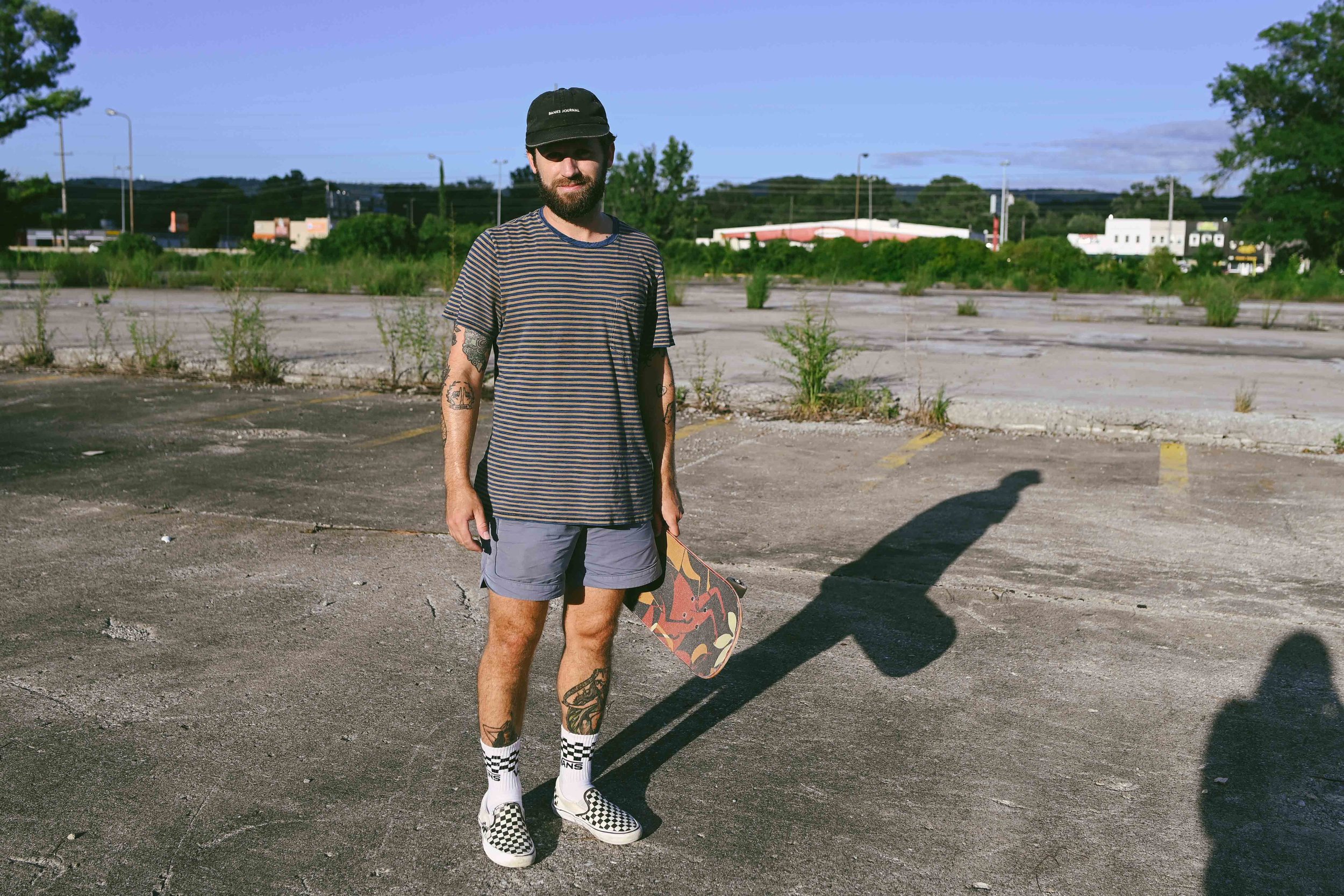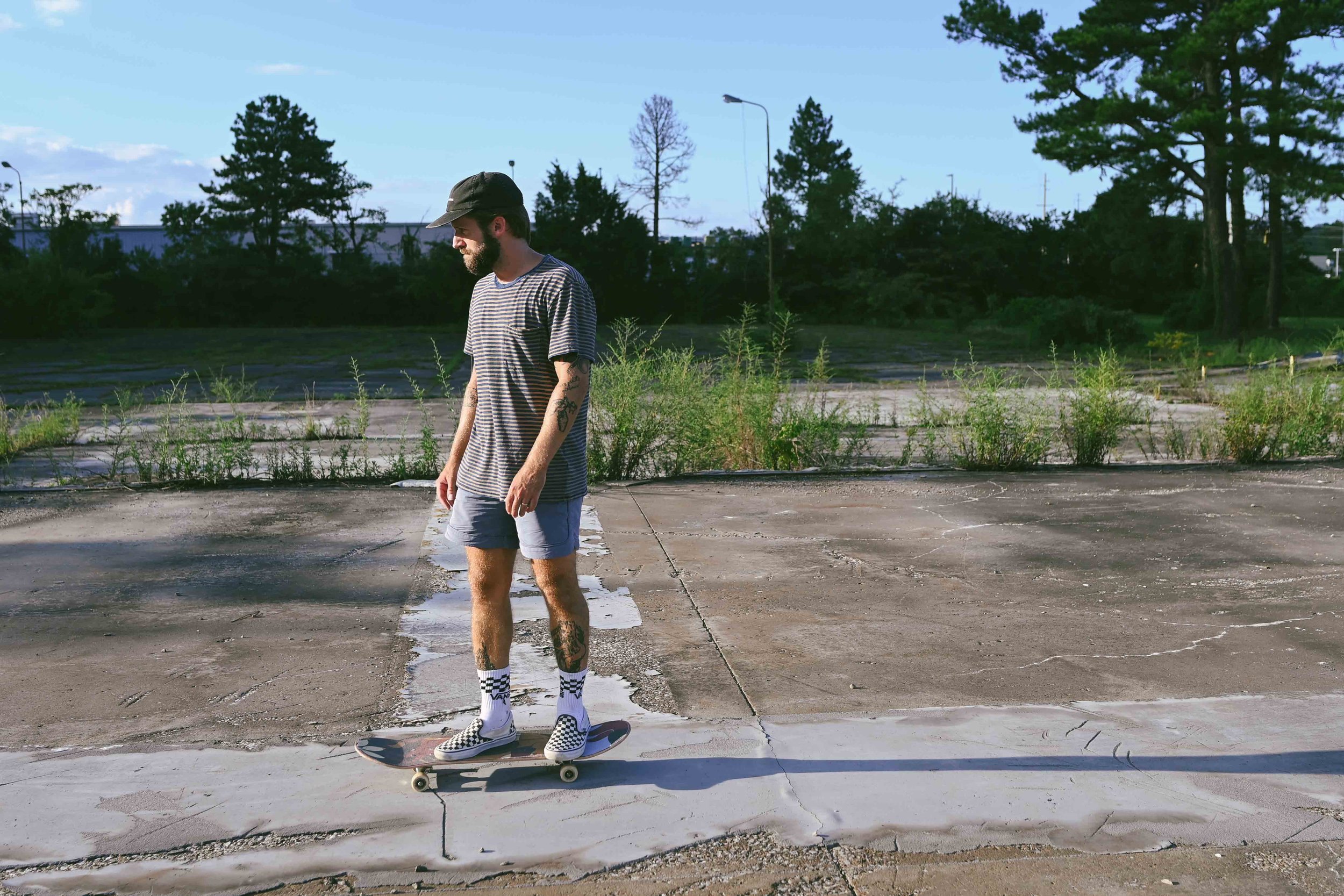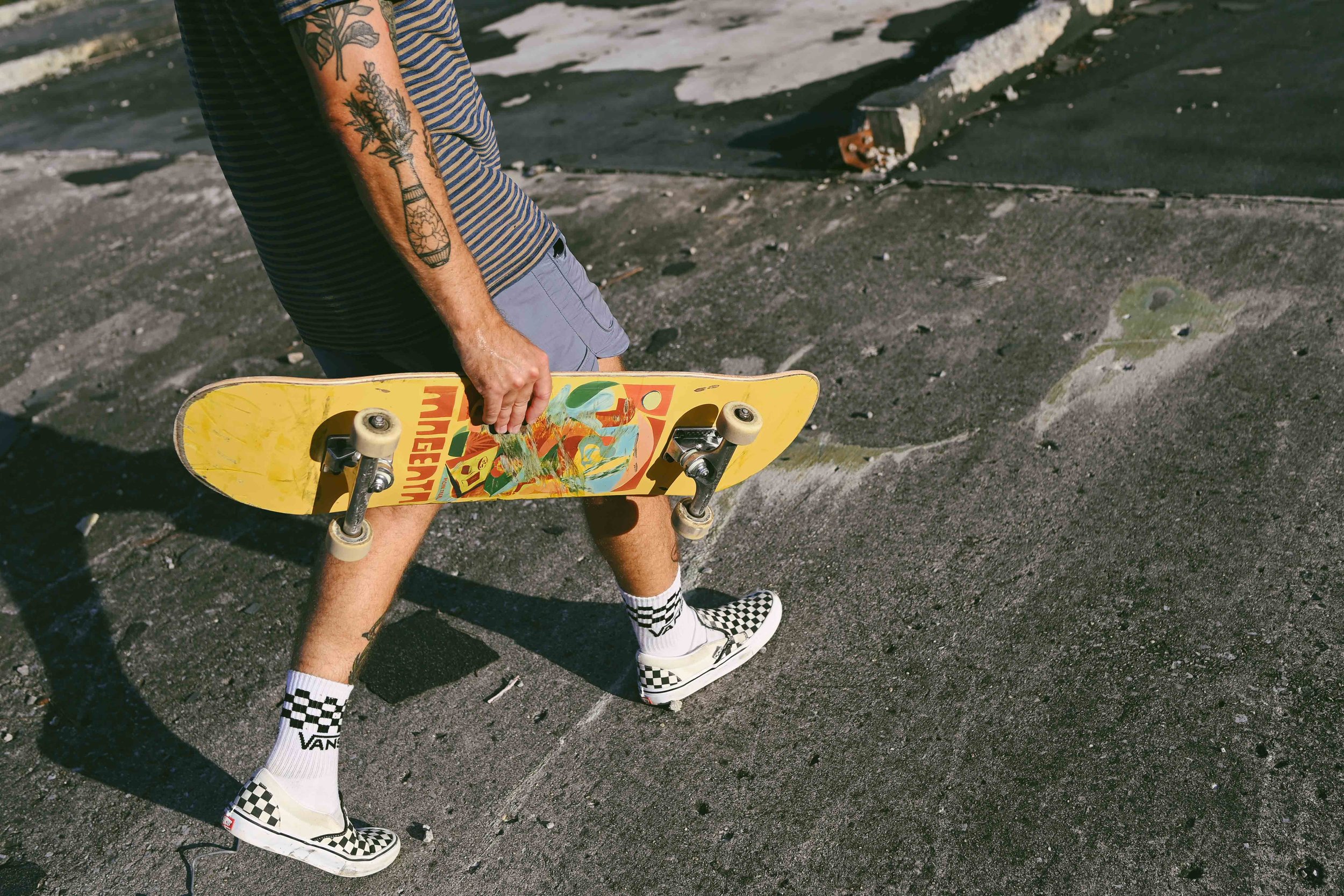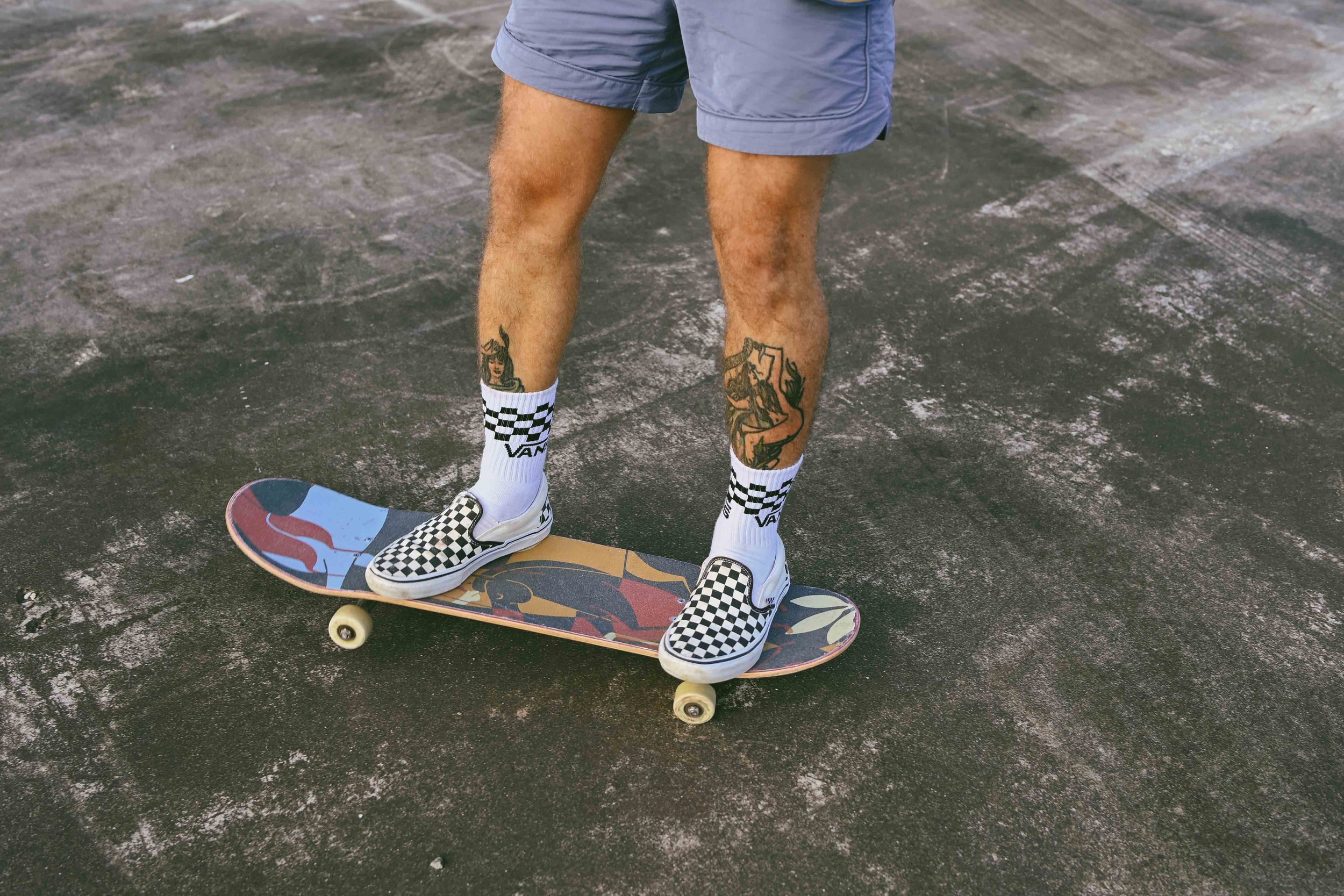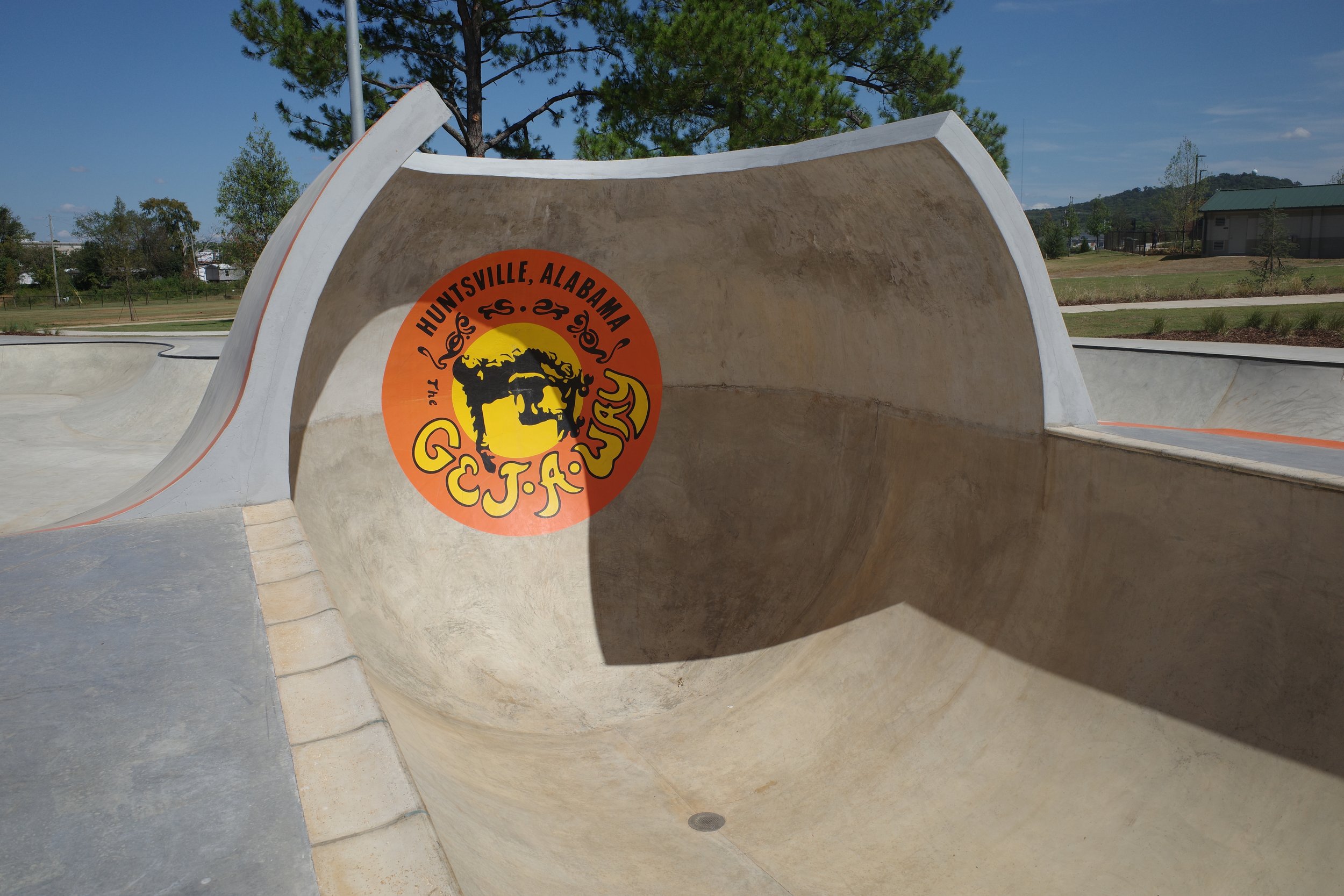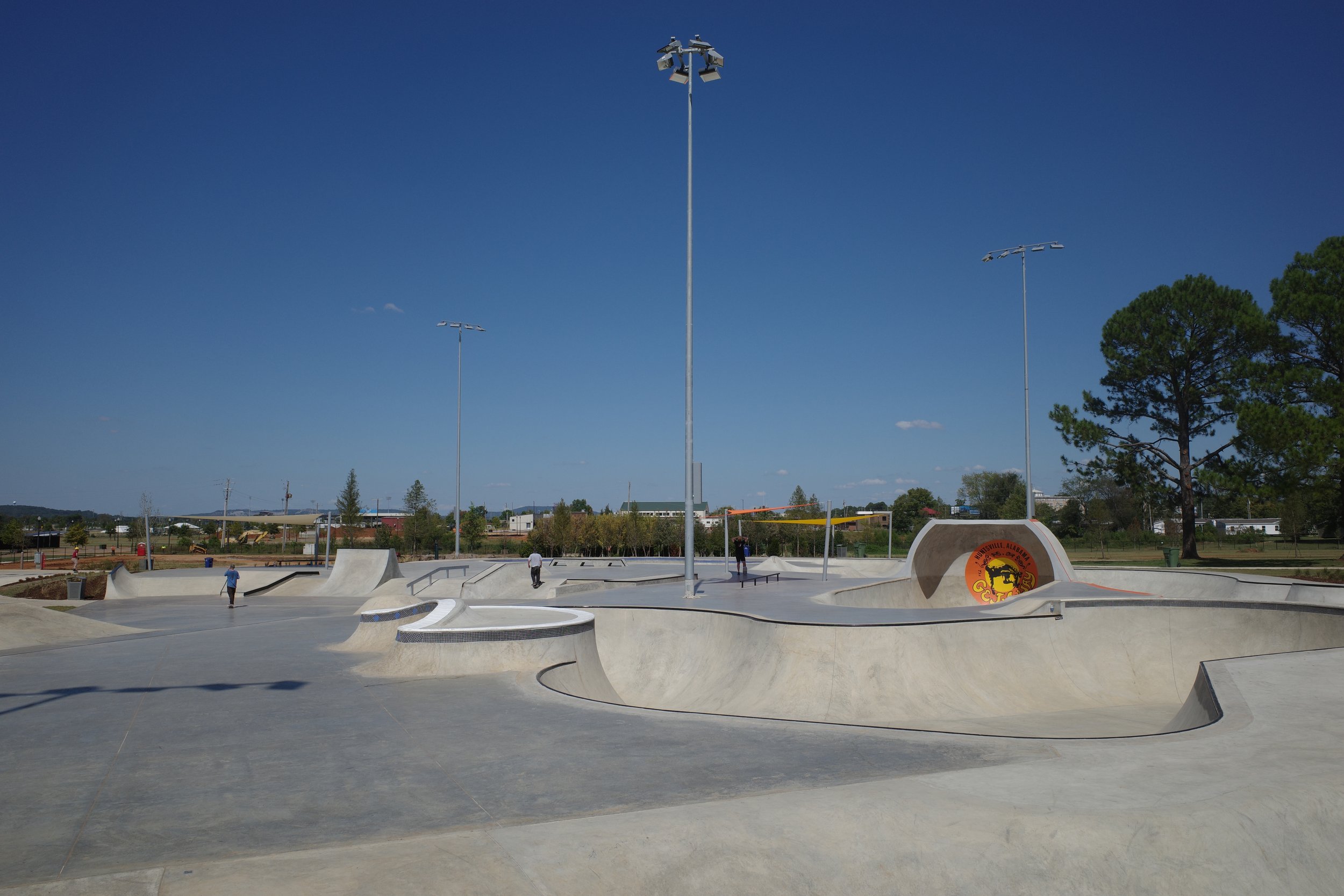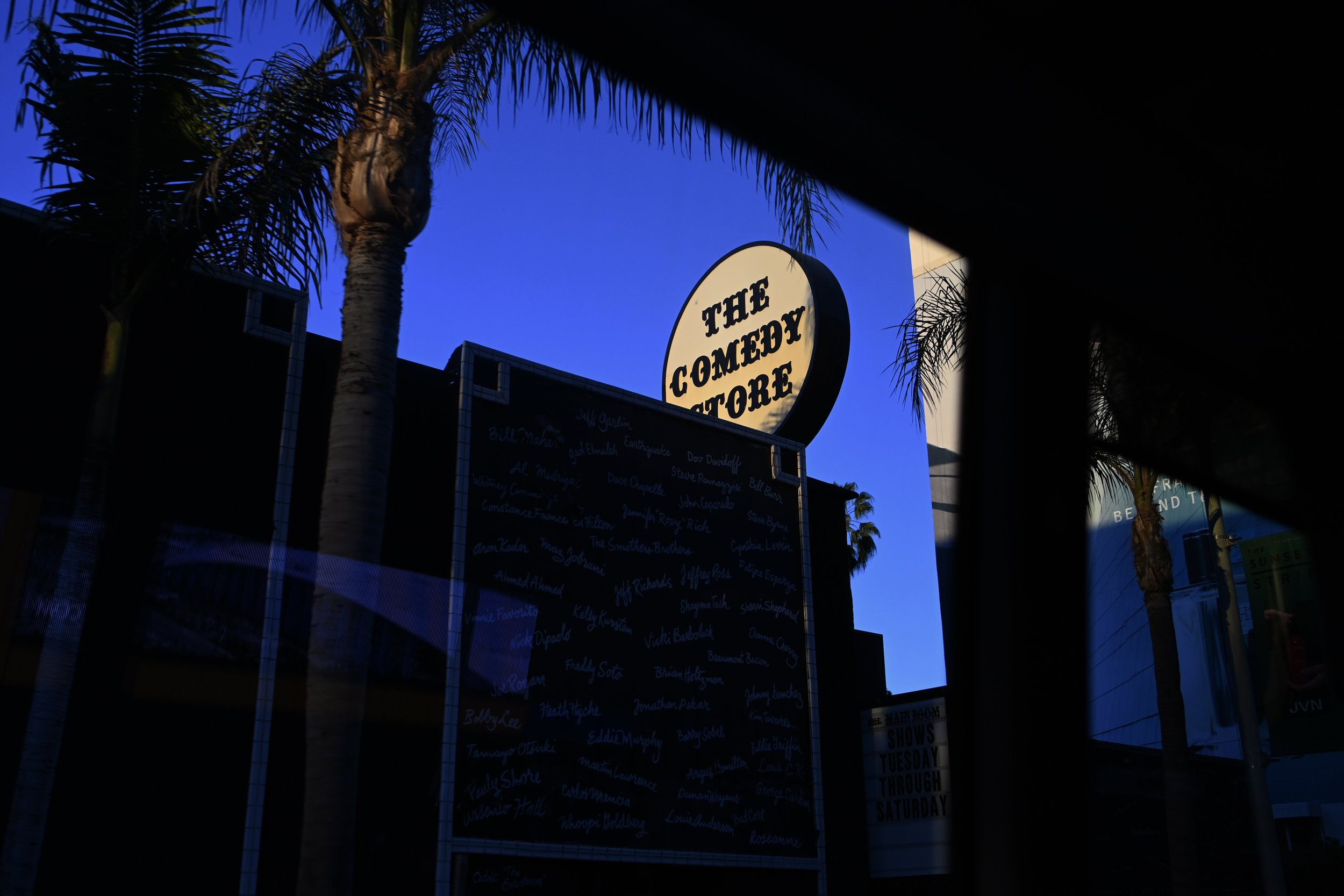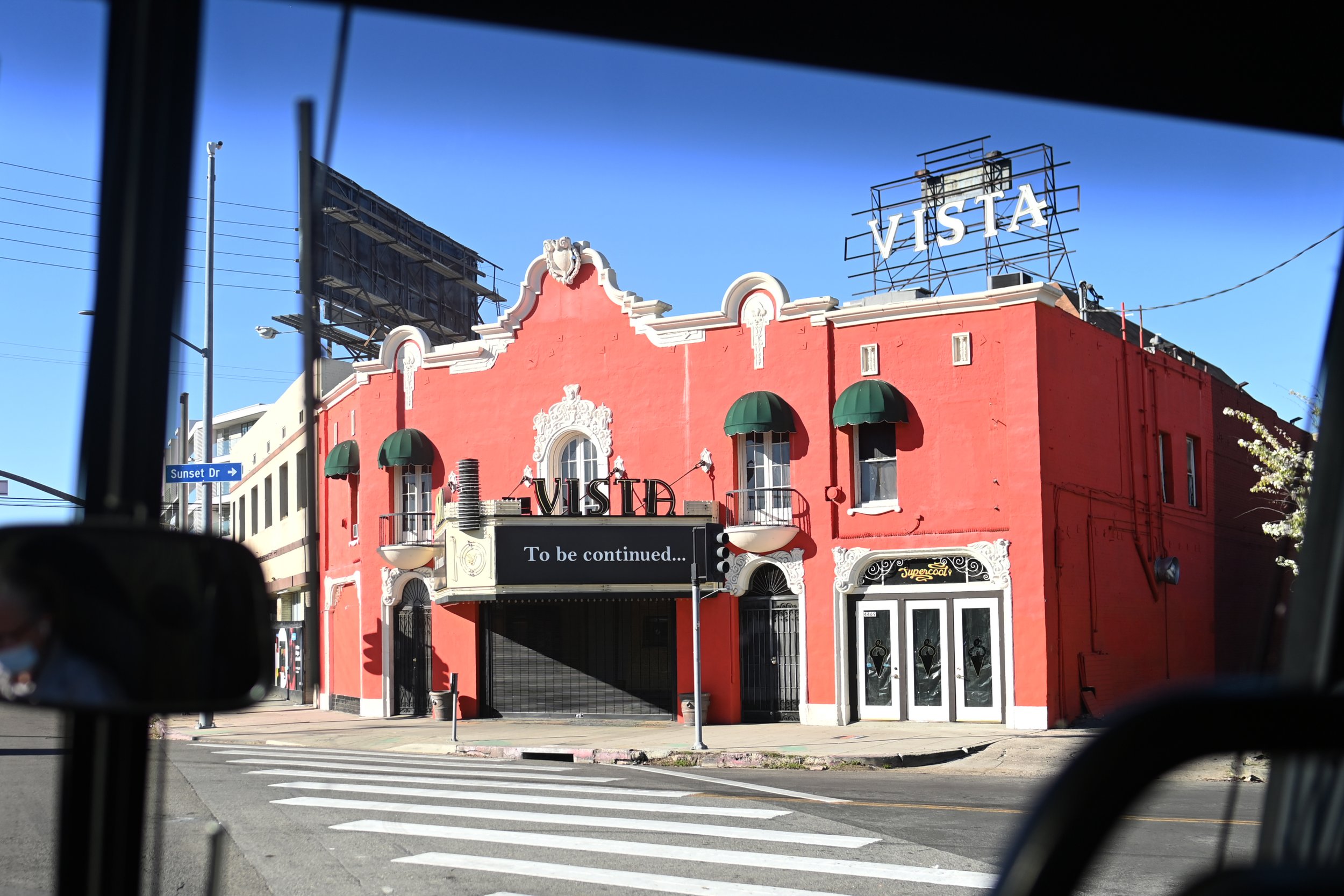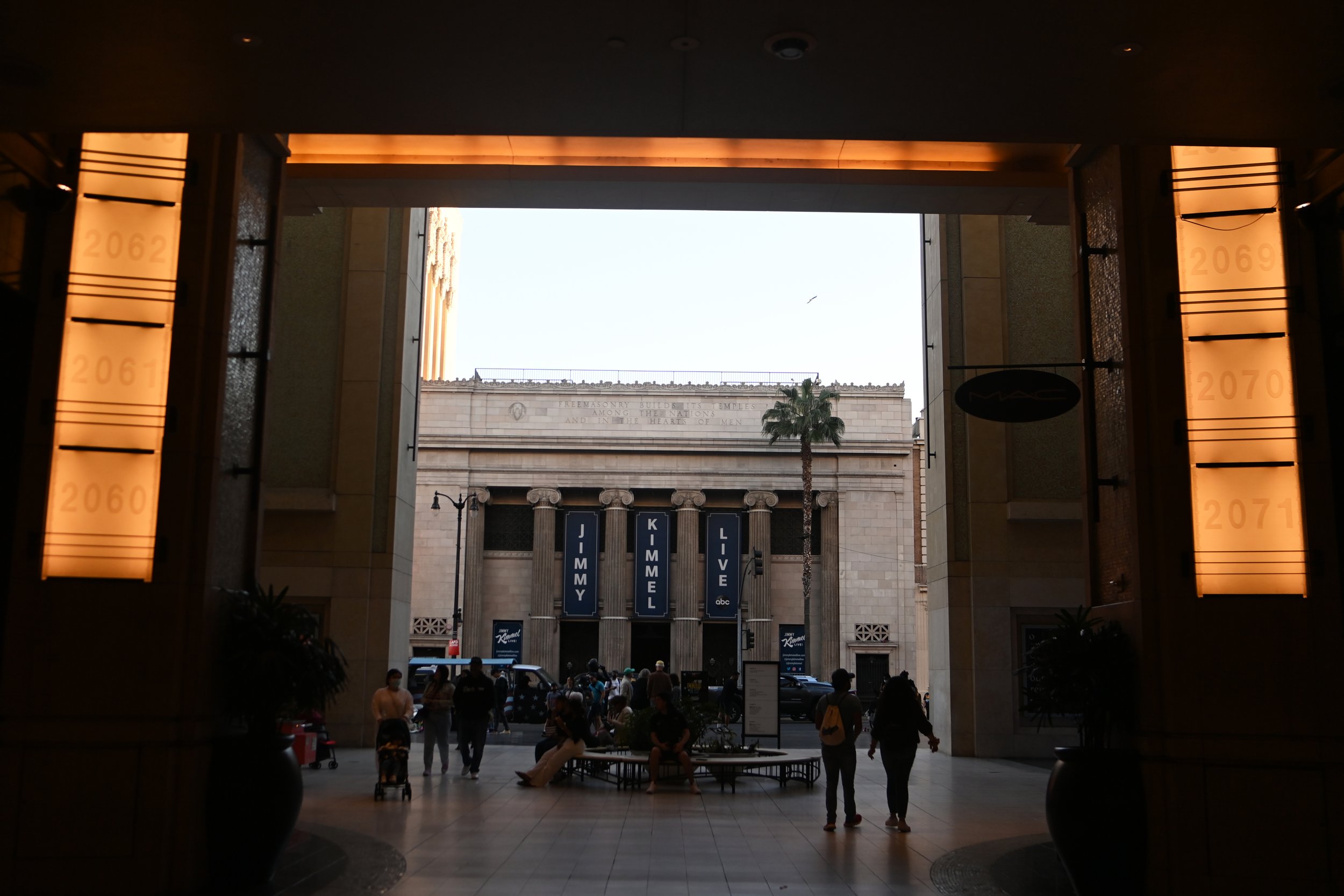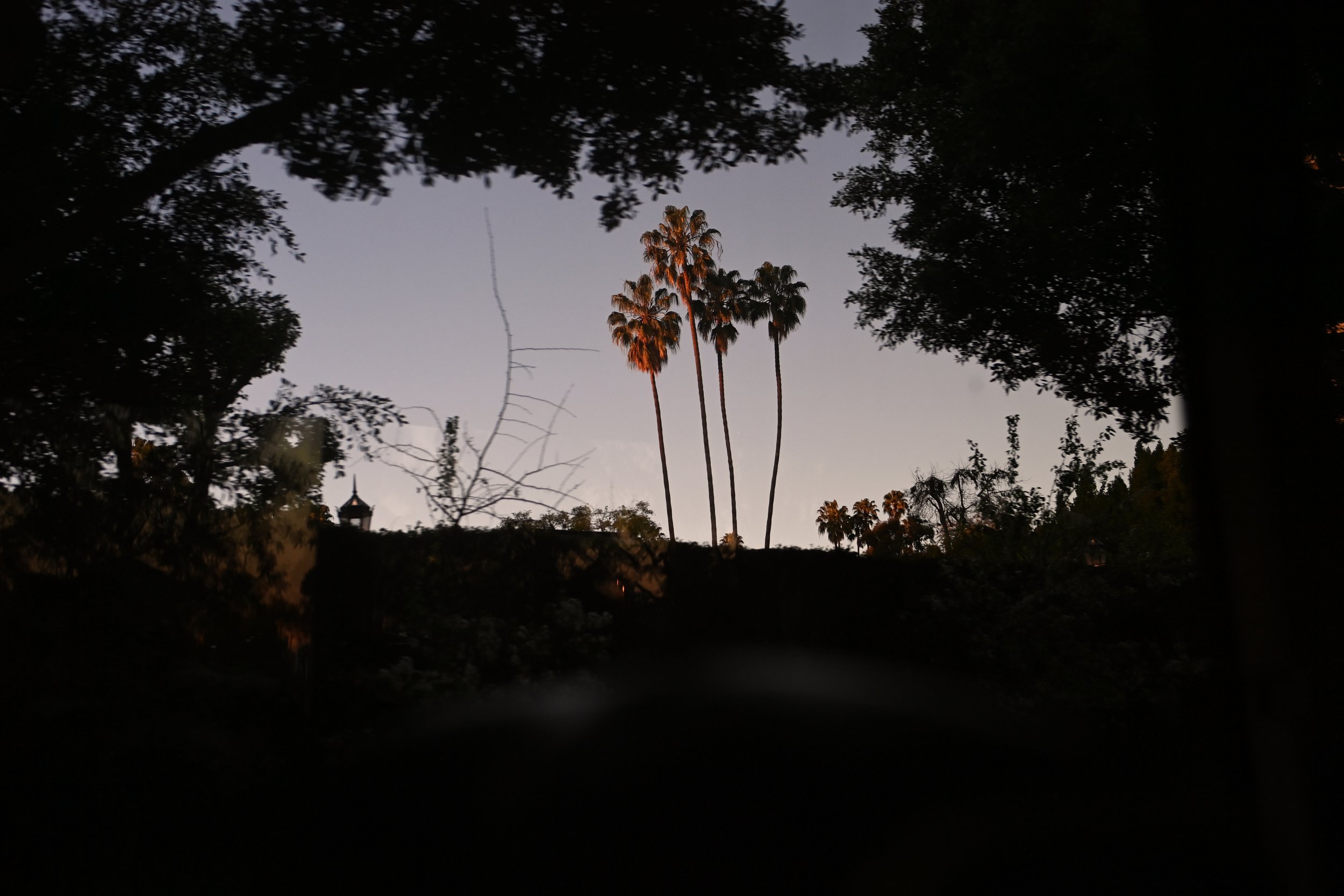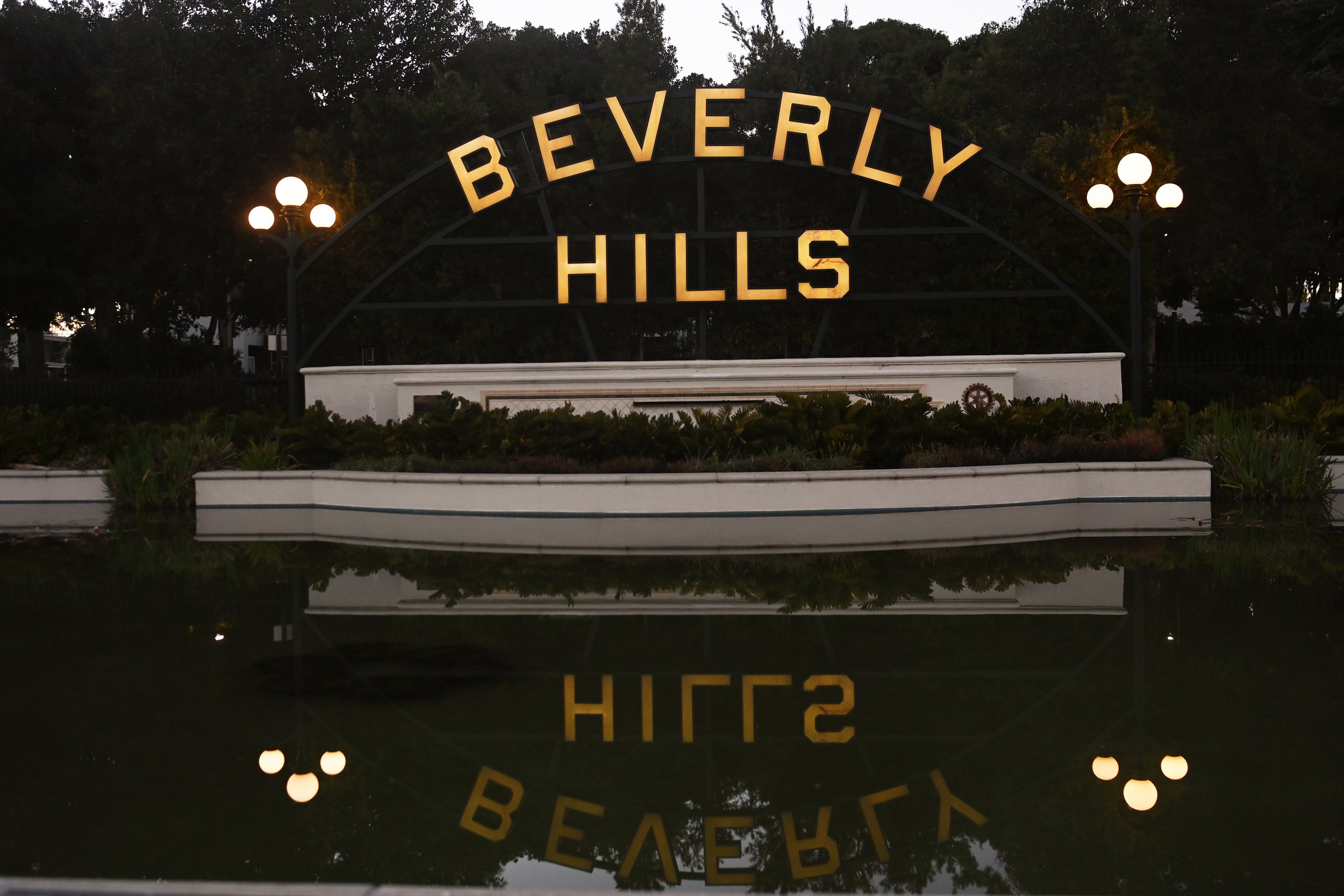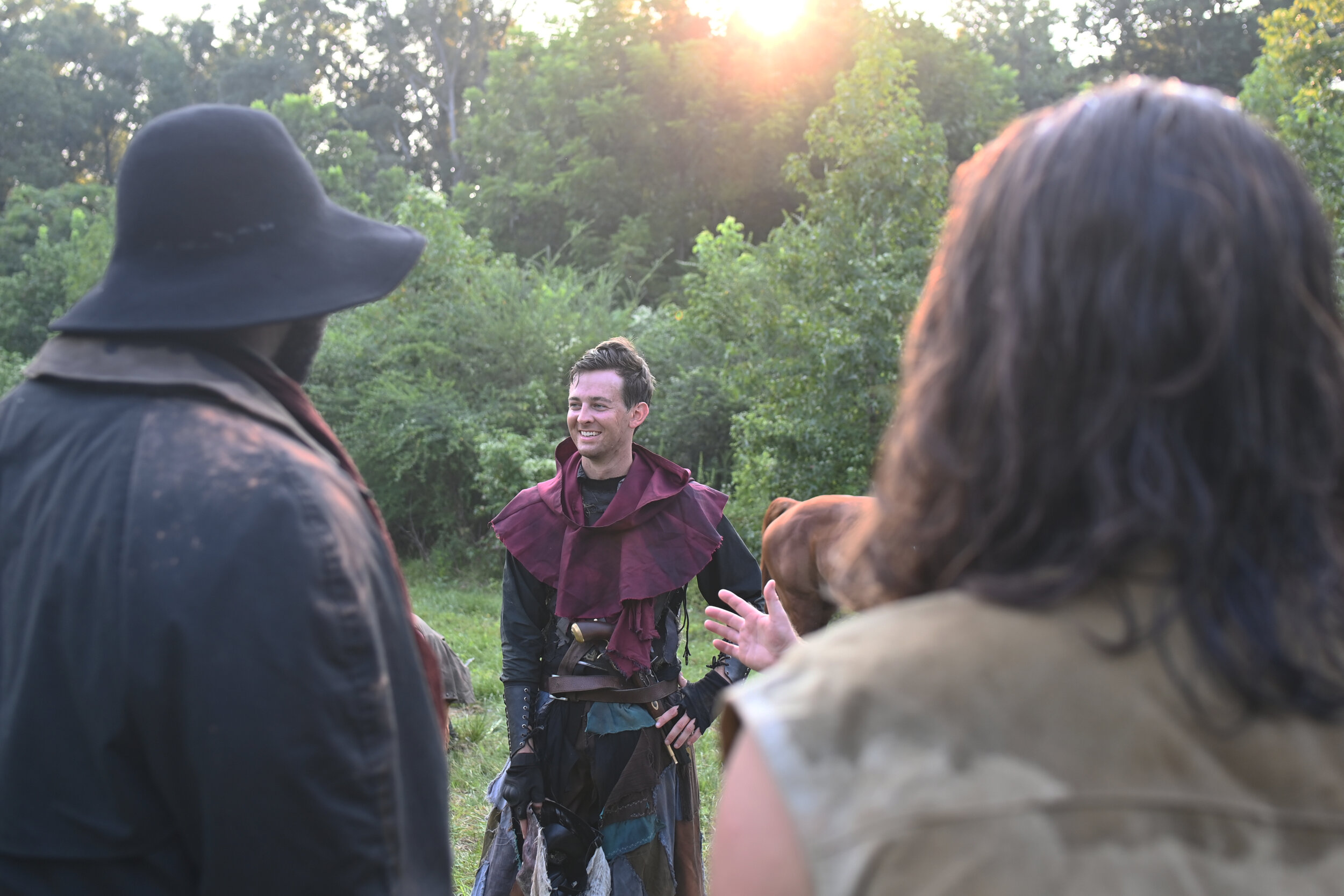Of course, there is a Minor League Baseball Team called the Trash Pandas! Yes, the slang word for a Raccoon, you know, the animal that forages through garbage! 🦝
Lucas Dolengowski runs their social media and is constantly figuring out ways to stand out from the other 119 Minor League Baseball Teams. He likes to create comical memes and incorporate some banter into the brand; he also says he is "fortunate to work with many talented people who provide plenty of ideas."
Check out this exclusive interview and learn more about what it takes to be a Social Media Manager to the Rocket City Trash Pandas. The name that is responsible for the highest merchandise sales in Minor League Baseball before the first game.
Love it or hate it the Raccoon, or should I say The Trash Panda lives in Rocket City, and it doesn't look like it's going anywhere.
The Rocket City Trash Pandas is the Double-A affiliate to the LA Angels located in Madison, AL; their home opener at Toyota Field is on Tuesday, April 12th, against Pensacola Blue Wahoos.
Introduce yourself!
Hi! I’m Lucas Dolengowski and I’m the social media manager for the Rocket City Trash Pandas! I grew up in Orlando in the heart of the theme parks, and I’m a graduate of the University of Florida. I’ve been working professionally in social media for 5+ years now, including college athletics, golf, and football.
Have you always wanted to be a social media manager or was it something that you fell into?
I originally wanted to do sports broadcasting, specifically baseball. I did a lot of that for most of my college experience, but in my last year at UF I had an opportunity to work as a social media intern for the athletic department. I’ve always loved social and used it a ton personally, and two months into that internship I decided to switch career paths. A bunch of my friends from our college sports broadcasting program did the same thing I did and got into social – so many of them are working for big teams too. Chicago Bulls, Atlanta Falcons, Orlando Magic, Philadelphia Phillies, Tampa Bay Lightning, just to name a few.
What kind of pressures do you face when having to post for thousands of followers?
I think the biggest challenge is constantly coming up with new content, or at least new ways to present recurring content. You have to keep things fresh online, or your fans will just tune out and engagement will go down. I’m competitive in that regard too – I want to be better and different than the other 119 Minor League teams. We’ve created such a fun and unique brand so far with the Trash Pandas, so my personal pressure is how we keep that going and stay in people’s minds.
Where do you find inspiration for content?
My media relations coordinator asks me this a lot, like “How do you even come up with this stuff?” Honestly, my brain just works in very weird and silly ways sometimes. I love memes and I love comedy so that factors into a lot of what I do. Minor League Baseball (and the internet as a whole) is a very copycat industry, so being able to take whatever trending content you see and spin it to your advantage is something I enjoy doing. I’m fortunate to work with a lot of talented people who provide plenty of ideas, too. It’s a very collaborative effort.
What are some challenges you face in managing social media? And how do you overcome them?
It’s an “always-on” sort of job. The ability to be connected to our professional social channels at all times is a blessing and a curse. Along with our broadcaster, our social media team covers EVERY Trash Pandas game during the season. It’s great that we get to watch baseball and post about it, but our “off days” are definitely much fewer than most other people in the front office. Taking breaks and disconnecting in the offseason is really important to reset your mind. The other challenge is digital envy – there are SO many talented sports creatives out there, many in organizations with a lot more resources to produce great content. I get jealous sometimes of their posts. It’s great for ideas, but you have to execute what you’re able to execute, control what you can control.
In your opinion, what do you think are your top 3 social media posts? And why?
This is our most viral TikTok, with over a million views. It became a bit last season for our athletic trainer, Yusuke Takahashi, to stare into the camera in pregame warmups. It’s just so simply hilarious, and simplicity usually wins on social. This is one of my personal favorites because it was a very “in the moment” type post that had nothing to do with us. Tennessee football fans were literally chucking trash onto the field because of a bad call from the referee, so I had to jump on it. Any trending topic or meme related to trash, garbage, or raccoons is fair game for us and usually performs really well. Finally, this walk-off homer from last season is maybe my favorite iPhone shot. I just had it on a stabilizer and there will certainly be thousands of higher quality videos in the sports world, but giving fans close-up access is really important to me. Emotion plays wonderfully on social. I got splashed with Gatorade and water, of course.
Between Facebook, Twitter, Instagram, and TikTok - how do you distinguish what content to post where?
Most of it just really depends on your age and demographics. Facebook and Twitter skew older, Instagram and TikTok skew younger. A lot of our marketing and sales efforts go towards Facebook and Twitter, making sure we put as much relevant information we can into posts. You almost have to “spoon-feed” details to fans – people can easily look up information on our website or at the link in the post, but most don’t want to take the time. Instagram and TikTok are where we hit on more pop culture and fun visuals. Fortunately for the Trash Pandas, we’re much more of a wide-reaching brand, as opposed to JUST a baseball team. We can get in on memes and trending topics, and that works for us. Society has such a short attention span – how quickly can you capture and hold someone’s attention?
Describe a social media hiccup/regret and what did you learn from that?
I don’t have one specific example, but I do tend to be a little sassy sometimes on our channels, especially when replying to fans. It works on TikTok and Twitter because those are more “fun” platforms, but I have to stay level-headed on other channels. Something very frustrating to me is when people ask us a question that would actually be quicker to just look up on Google, as opposed to waiting for a reply from the social team. We’ve set a good standard of quickly answering customer service questions because it’s a very important part of the job. But what if we weren’t that fast with replies? Or didn’t have the resources to properly answer customer inquiries? I’m a very independent internet user and know how to find things easily, but have to remember that others aren’t wired that way.
What are some skills a social media manager should have?
A skill I really value is copywriting ability. How quickly and how well can you come up with attention-grabbing captions? How’s your spelling and grammar? Do you proofread? Obviously, not everything has to be grammatically correct depending on your brand, but it’s still important. Nothing is more frustrating to me than watching other teams make spelling and grammar mistakes. You should be a multi-faceted content creator. Can you produce, shoot, edit, and post? It’s really nice to have creative support around you, but to a degree, you need to have some independence there.
What is the most important thing a social media manager should know?
This is certainly a learned trait, but you can’t take things personally. People online will send mean responses and have angry messages and post dumb comments – it’s the world we live in, unfortunately. Some things are definitely hard to ingest, but I usually try to take everything with a grain of salt. It’s mostly very funny to me. Comedy is my defense mechanism. I enjoy reading out our most outlandish/irrational comments in postgame meetings.
Describe a typical day for your off-season and in-season.
In-season is my favorite time to be a social media manager. We’ll have staff meetings every gameday to go over the operations for that night. We’ll showcase what giveaways or promotions we may have, new food items, lineups, pitching matchups…it’s all part of the ballpark experience. Once players start arriving in the afternoon, we’ll usually shoot batting practice or pitcher workouts. It’s nice to get out of the office at this time of day, soak up some sun and gameday atmosphere, gather true baseball content. Once the game starts we’re shooting game highlights, crowd shots, monitoring social feeds, answering fan questions, and ultimately posting score updates. In the off-season, we focus a lot on non-baseball events: Beer & Wine Fest, 5K Races, Christmas Light Show, 4th of July Celebrations, etc. We’ll also recap the season that just finished and begin planning for the next baseball season. It’s truly a year-round marketing effort.
In terms of engagement, what content does the Trash Panda Nation seem to respond to?
Sprocket, our mascot, is a fan favorite. His personality is supposed to be mischievous and fun-loving, and that plays really well as the face of our brand. With only one season under our belt so far, Sprocket content still gets more engagement than most of the things we post with players or coaches. People also seem to love groundskeeping videos. They really fall into that “oddly satisfying” genre. Cutting grass, painting lines, raking dirt – it’s all strangely calm and enjoyable to consume. Memes and pop culture references usually kill too. Again, we’re a lifestyle brand more than we are a baseball team.
Keep up to date with The Trash Pandas - check out their Instagram, Facebook, and Twitter









